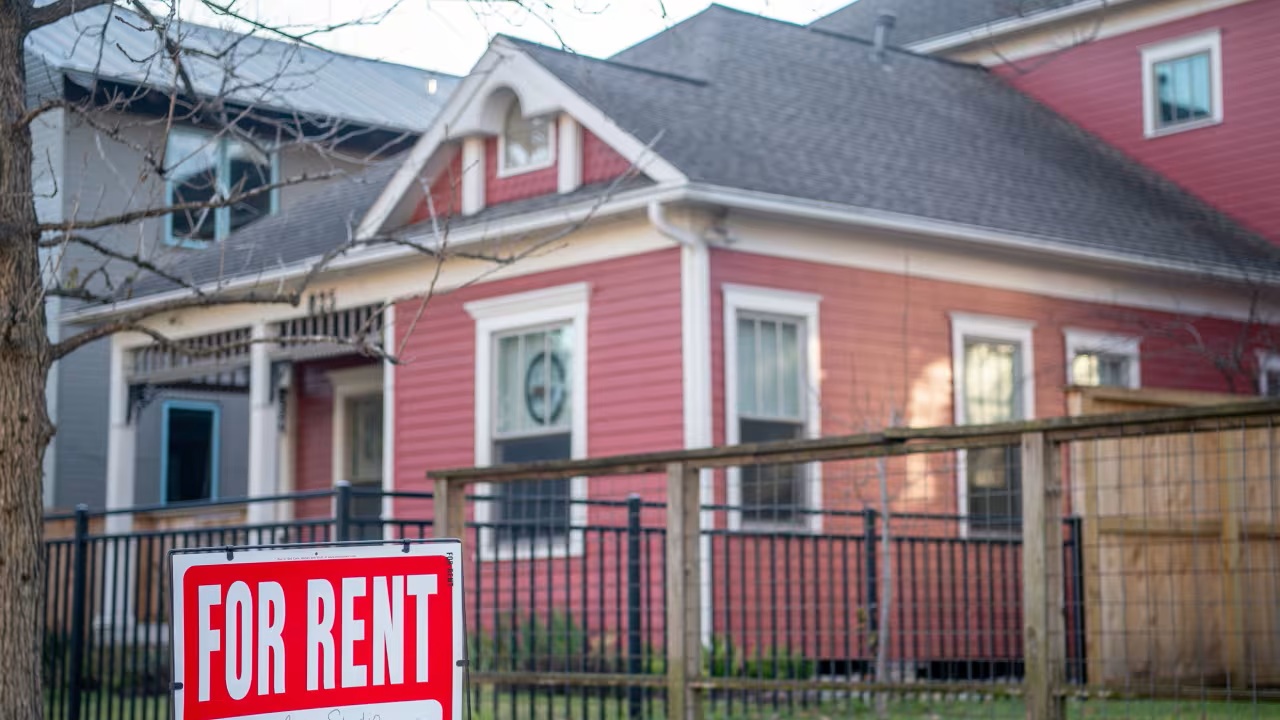Starting in 2025, Tennessee will roll out new laws designed to regulate rent increases and enhance tenant rights. These updates aim to provide clearer rules for landlords and greater protections for renters. Whether you’re currently renting or planning to in the future, understanding these changes is essential for navigating the rental market. Here’s an in-depth look at what tenants should know.
Key Rules for Rent Increases
Mandatory Notice Periods
To ensure tenants have sufficient time to prepare for rent hikes, the new regulations outline specific notice periods for landlords:
For month-to-month leases, landlords must give a 30-day written notice before increasing rent.
For year-long leases, a 60-day written notice is required if the rent is set to increase at the end of the lease term.
No Statewide Rent Control
Tennessee does not have statewide rent control laws, meaning there is no maximum limit on how much rent can be increased. However, landlords must adhere to the required notice periods and cannot implement rent hikes that are discriminatory or retaliatory.
Restrictions During Active Leases
Rent increases are prohibited during the active period of a lease unless explicitly permitted in the lease agreement. For tenants on fixed-term leases, landlords can only propose rent increases during lease renewal.
New Tenant Protections in 2025
The new laws also introduce additional measures to protect tenants and ensure greater transparency in rental agreements and practices.
Clearer Communication from Landlords
Landlords must now provide detailed information about rental agreements and any proposed rent increases.
They are required to clearly explain the terms of rent changes in an understandable and transparent manner.
Tenant Awareness of Legal Rights
Landlords are legally obligated to inform tenants of their rights under state law.
This includes providing written documents that outline the rules surrounding rent increases, eviction protections, and lease terms.
Increased Accountability
The new regulations are designed to minimize unfair practices by landlords, ensuring that rent increases follow the legal framework.
What This Means for Renters
These changes aim to create a fairer rental market by balancing the rights of tenants and landlords. Here’s what renters can expect:
Time to Budget: With mandatory notice periods, tenants will have enough time to financially plan for upcoming rent increases.
Transparency in Lease Terms: Landlords are now required to provide clear explanations of rent terms, reducing misunderstandings and surprises.
Protection from Unjust Rent Hikes: By outlining specific rules for rent increases, the law ensures tenants are treated fairly and equitably.
Practical Advice for Tenants
Review Your Lease Thoroughly: Ensure you understand the terms of your lease, particularly any clauses related to mid-term rent increases.
Track Written Notices: Keep a record of all written communications from your landlord regarding rent changes.
Know Your Rights: Familiarize yourself with the updated tenant protections under Tennessee law to ensure your rights are not violated.
Conclusion
The new 2025 rent laws in Tennessee are a step toward more transparent and equitable housing practices. By outlining specific rules for rent increases and enhancing tenant protections, the state aims to create a more balanced rental market. As a tenant, staying informed about these changes will help you better manage your living arrangements and safeguard your rights.
Disclaimer—Our team has checked this article to ensure its accuracy and eliminate any misinformation. We are committed to providing clear and reliable information for our readers.




